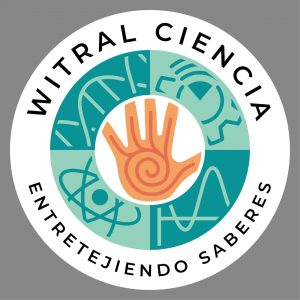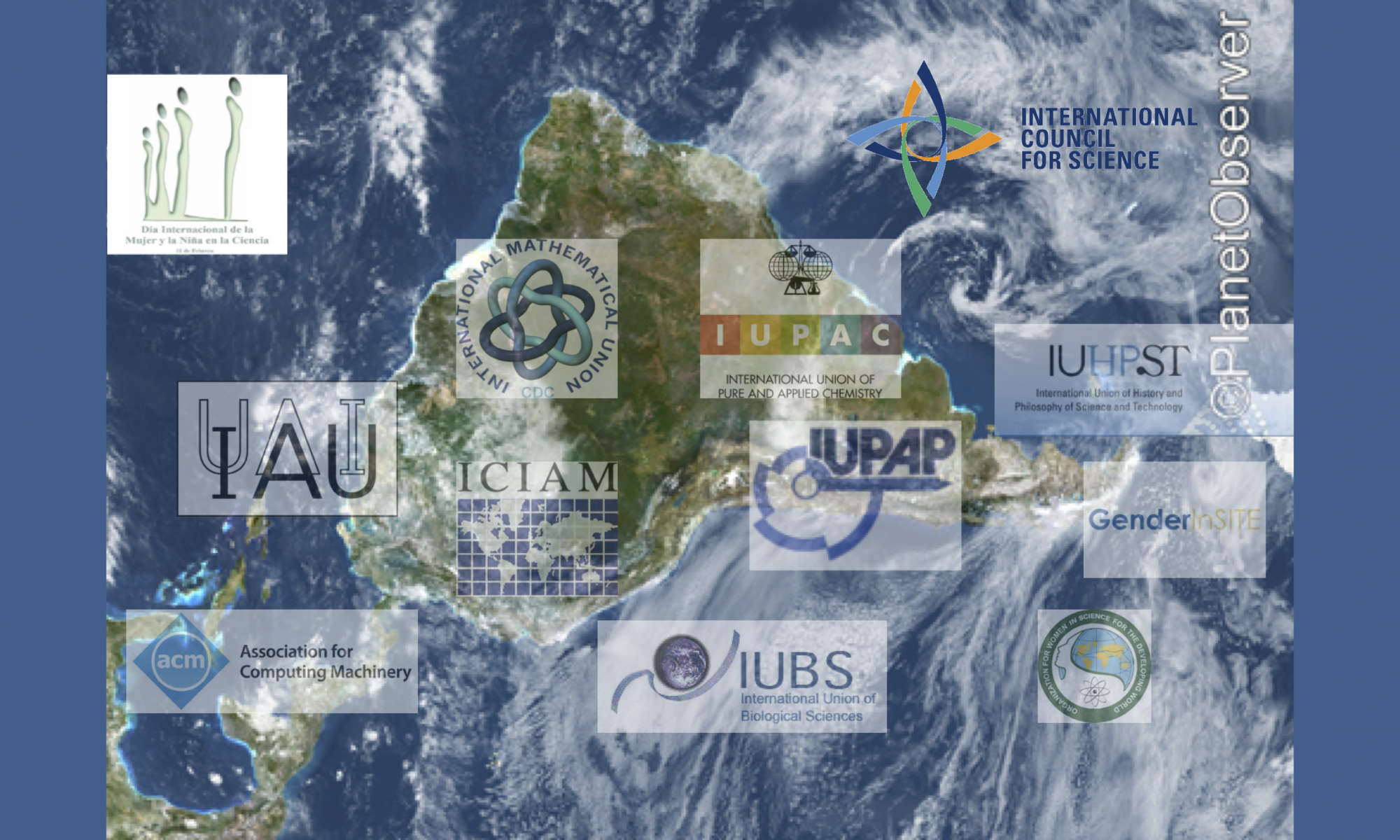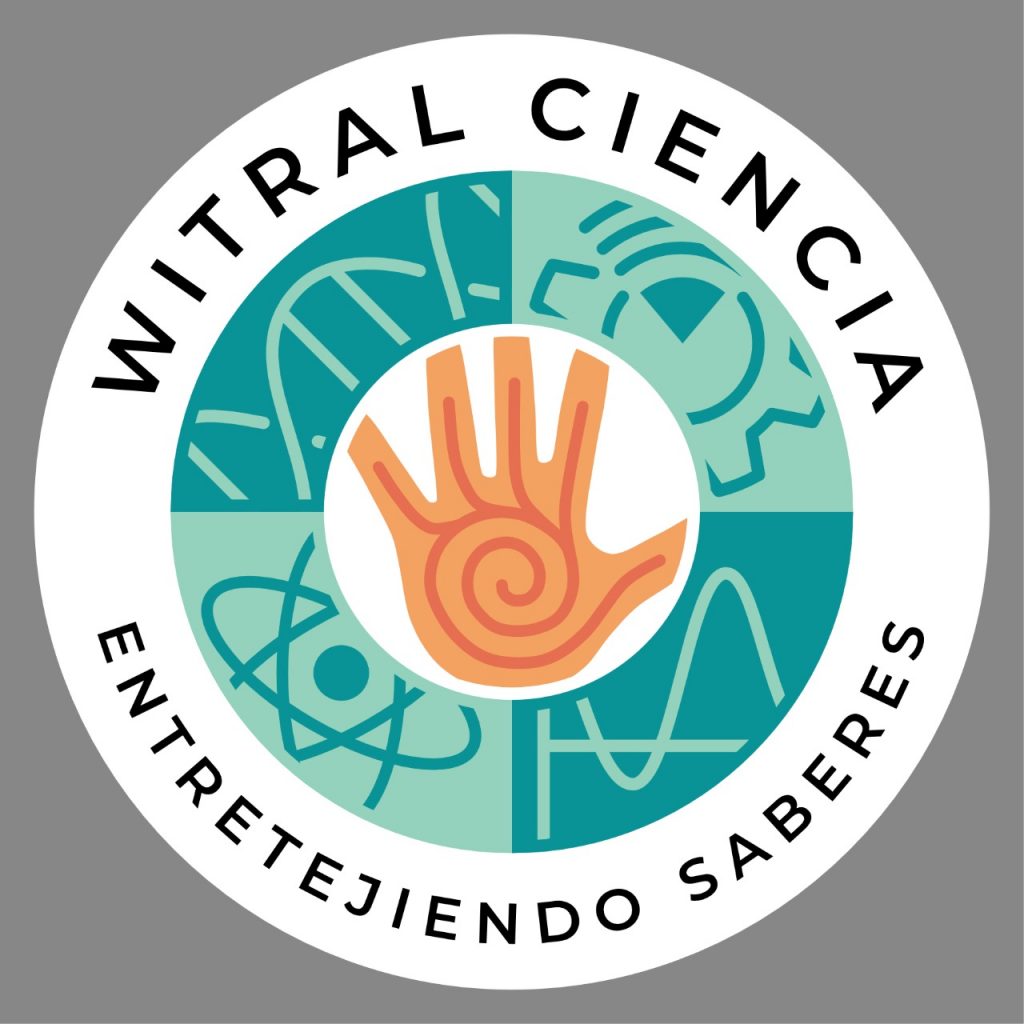This site started as the regional chapter of the Gender Gap in Science Project (https://gender-gap-in-science.org/). It is now the place to share information and advertise initiatives to increase diversity and reduce the gender gap in STEM in the region. Most of the initiatives we showcase in this site grew out of the Workshops on Professional Skills with a Gender Perspective that have been organized in various Latin American countries since 2014 (Puebla 2014, Buenos Aires 2016, Bogotá 2017, Lima 2018, Sao Paulo 2019, Santiago de Chile/virtual 2020) and of the enlarged network of Latin American women scientists that was established, to a great extent, thanks to the Gender Gap in Science Project.
 With various colleagues we have now started Witral Ciencia, an initiative to interweave experiences and knowledge across disciplines and generations with the goal of increasing diversity and inclusion in STEM.
With various colleagues we have now started Witral Ciencia, an initiative to interweave experiences and knowledge across disciplines and generations with the goal of increasing diversity and inclusion in STEM.
Background
In 2016 the International Science Council (ISC) awarded a grant to the project entitled “A Global Approach to the Gender Gap in Mathematical and Natural Sciences: How to Measure It, How to Reduce It?” (https://gender-gap-in-science.org/). The project, presented with the International Mathematical Union (IMU) and the International Union of Pure and Applied Chemistry (IUPAC) as leading applicants, had the support of various other scientific unions covering a wide spectrum of disciplines.
The project produced sound data to support the choice of interventions that the ISC and member unions can feasibly undertake to reduce the gender gap in science.
As part of the project, regional workshops were held during 2017 in three different regions:
- Asia
- Latin America
- Africa
This was originally the site of the Latin American chapter of the project.
The Latin American Workshop associated to the project took place in Bogotá, Colombia, on November 22-24, 2017 (https://emcyt_icsu017.uniandes.edu.co/index.php/evento-especial-icsu)
During this regional workshop we discussed the topics related to the three tasks of the project:
- Definition of a questionnaire to survey the current situation of women scientists and science students. The survey was based on the Global Survey of Physicists and was carried out by the Statistical Research Center of the American Institute of Physics (see e.g.: https://www.aip.org/taxonomy/term/171. ) The survey was open from May 1st, 2018 through December 31st, 2018. About 34,000 responses from over 150 different countries were collected during this time.
- Recollection and re-elaboration of lists of good practices to improve the situation of women scientists across regions and disciplines
- New research questions and possible data sources for the study on publication patterns
In all cases our participation was aimed at including a regional perspective to address the particularities of the problems of women scientists in Latin America.
During our meeting in Bogota we decided to publish a book containing contributions by the workshop participants describing the efforts performed at various levels (national, regional, scientific associations, etc) in Latin America to reduce the gender gap in science. The book was published by the Mexican Physical Society with funds provided by the Gender Gap in Science Project.
As discussed in Bogota, we also had a regional closing activity where we discussed the contents of the book, the results obtained with the Global Survey of Scientists in Latin America and the Caribbean. This activity took place at the ICTP-SAIFR in Sao Paulo, Brazil, on October 7-11, 2019.
The Global Project had its final closing activity at the ICTP in Trieste Italy, on 4-8 November, 2019.
Further developments
In 2020, the international scientific unions that were involved in the Gender Gap in Science project signed a Memorandum of Understanding creating the Standing Committee for Gender Equality in Science . Many other unions have joined since then, allowing the continuation and expansion of the very fruitful collaborative work of the Gender Gap in STEM project.
The 2021 General Assembly of the United Nations has approved the declaration of 2022 as International Year for Basic Science for Sustainable Development (IYBSSD) . With the leadership of the International Union of Pure and Applied Physics (IUPAP), many international partners are involved in the organization of the activities that will be held during IYBSSD in which diversity and the gender gap reduction in STEM will be major themes.
We are now Witral Ciencia, Entretejiendo Saberes. Visit our website and follow us on social networks as @witralciencia.

